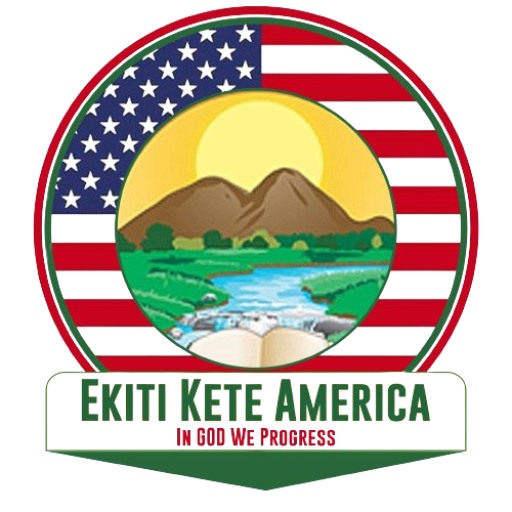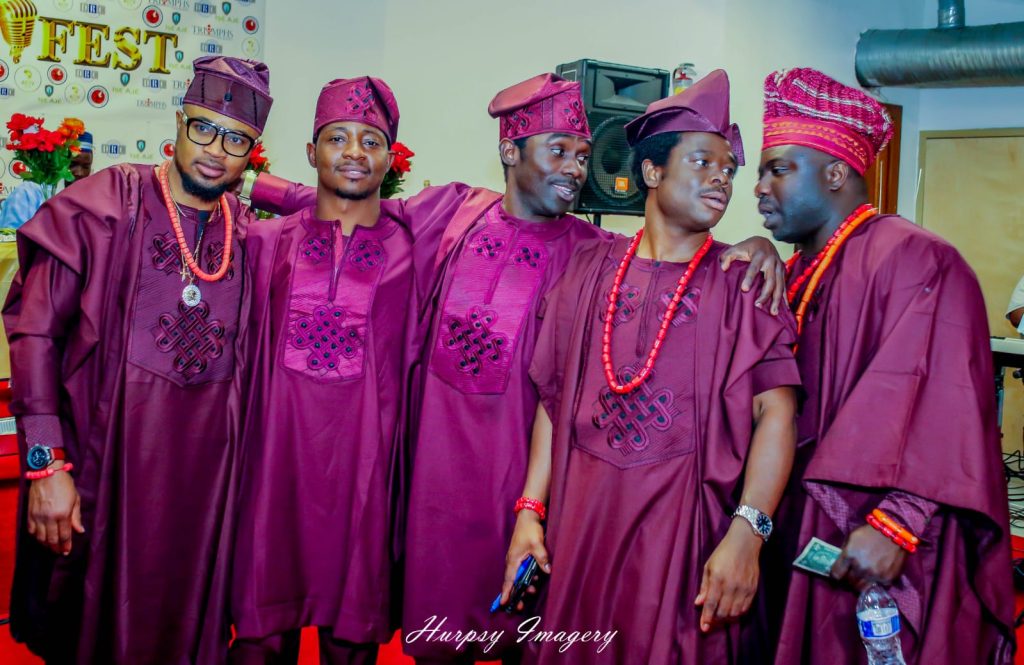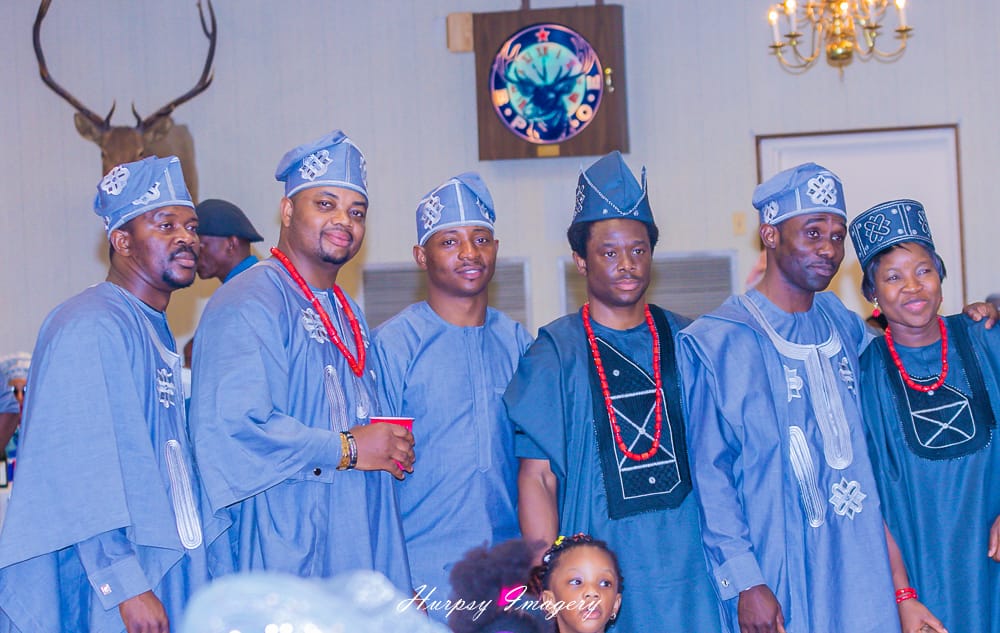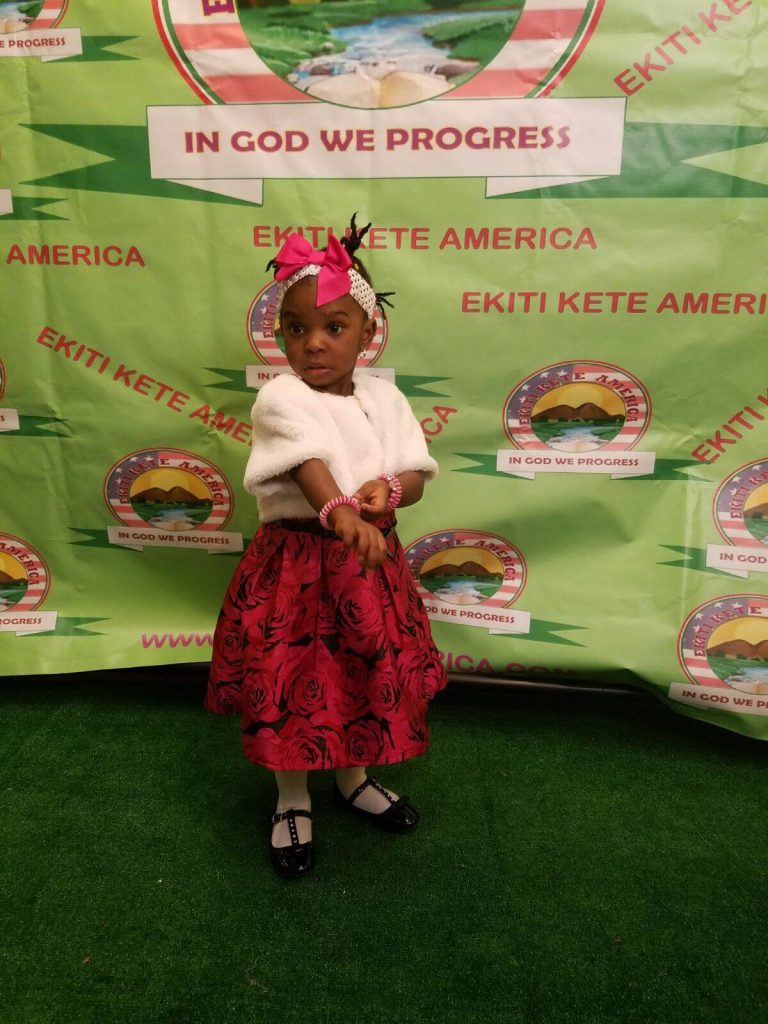Our History
Towns and administrative divisions
The people of Ekiti State live mainly in towns. These towns include: Ado, Awo-Ekiti, Efon-Alaaye, Aramoko, Ikole, Ikere, Ire, Ijero, Ayetoro, Ipoti, Igogo, Ise, Itapa, Otun, Usi, Ido, Emure, Iyin, Igede, Ilawe, Ode, Oye, Omu, Omuo, Ilupeju, Ikoro, Ikun, Iye, Ijesa-Isu, Ayedun, Aisegba, Osin, Okemesi, and Igbara-Odo.
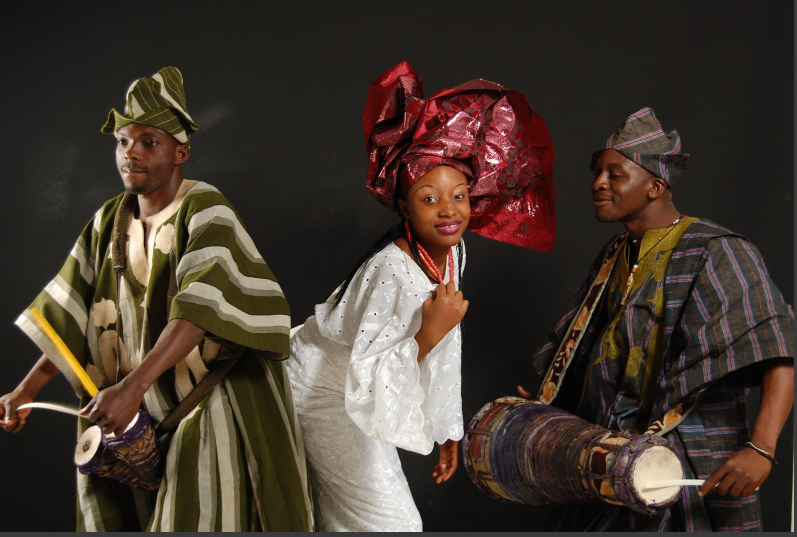
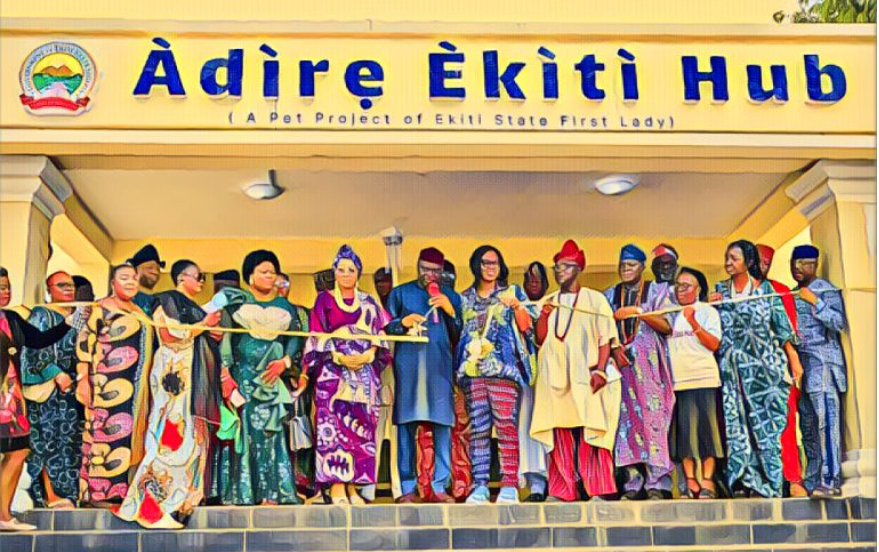
The Ekitis, whose ancestors migrate from Ile-Ife as a people, form one of the largest ethnic groups in Yorubaland. Ekitis are culturally homogeneous and the speak a dialect of Yoruba language known as Ekiti. The homogeneous nature of Ekiti confers on the state some uniqueness among the states of the federation. Slight differences are noticeable in the Ekiti dialect of the Yoruba language spoken by the people. This is informed and influenced by their spatial locations, especially the border communities to other states. For example the people of Ado local government area do not speak exactly the same dialect with the people of Ijero local government area, while the people of Ikole area speak something different from the people of Ikere area. The communities influenced by their locations include Otun (Moba land) that speaks a dialect close to the one spoken by the Igbominas in Kwara State.
The people of Okeako, Irele, Omuo-Oke speaks a dialect similar to that of Ijumus in Kwara/Kogi States. The people of Ekiti West and Efon-Alaaye local government areas, that is, the Efon Alaaye and Okemesi communities speak a similar dialect to that of Ijesas of Osun State. However , part of the uniqueness of the Ekitis is that where ever is your own part of the state, you will understand well, when the other Ekiti man/woman speaks, inspite of the dialectal variations. in addition, all towns in Ekiti State take a common suffix, “Ekiti,” after their names. the main staple food of the people of Ekiti is pounded yam with vegetable soup.
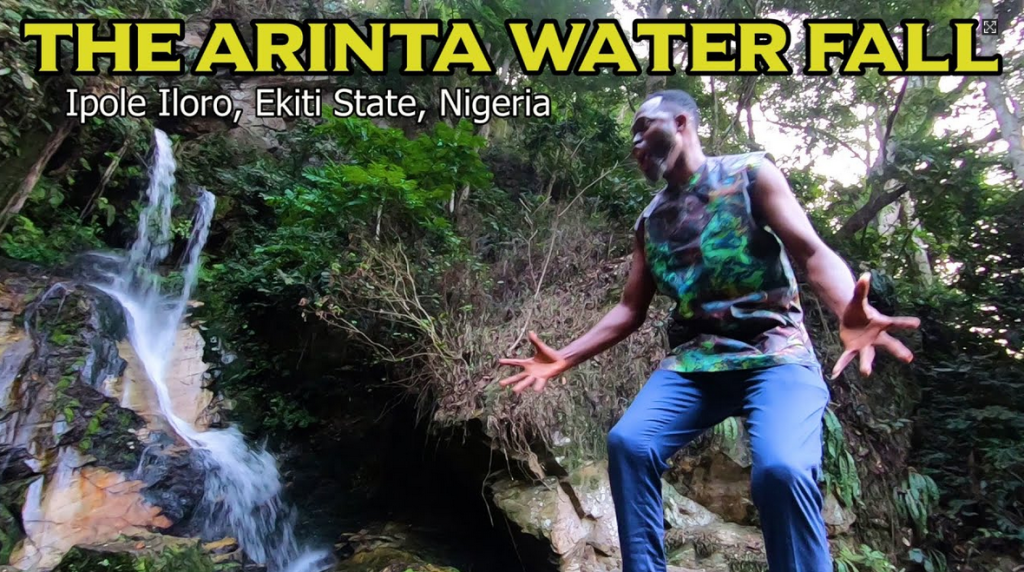
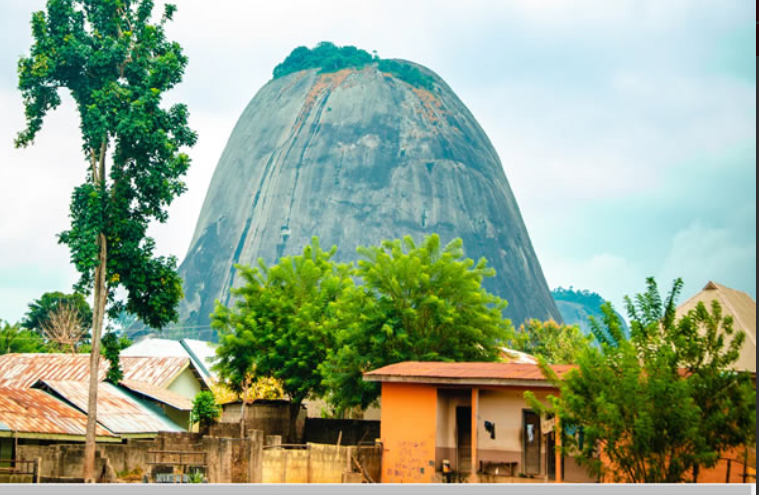
Ekiti as a people settle in nucleus urban patterns, well linked with network of roads. The State can boast of more than 127 large and small, ancient and modern towns, located on hills and valleys that characterise the state from which the confinement takes its name, Ekiti, that is, ‘Okiti’ meaning hill. Ekiti State, apart from the fact that it is the only state with a warm spring in Nigeria is the watershed and source of some prominent rivers such as Ero, Ose, Ogbese and others. The people of Ekiti are hard-working , upright, studious and very articulate. Ekiti men are predominantly farmers but women engage in trading.
People & Culture
The state is highly rich in culture. They have their own unique traditional way of: Dressing, Dancing, Festival,religion and other ways of life. As enumerated below: The rulers of the Towns are Obas like other Yoruba Towns. Traditionally, the natural rulers in Ekiti State, whose people are Yoruba, are usually described as sacred or divine kings. Their installation and coronation are performed with solemn and lengthy rites which set them apart, thereafter living an ordered ceremonial existence, secluded in their palaces, subjected to the many rituals of court and approached only with infinite respect. They rarely appeared in public, except on ceremonial occasions.
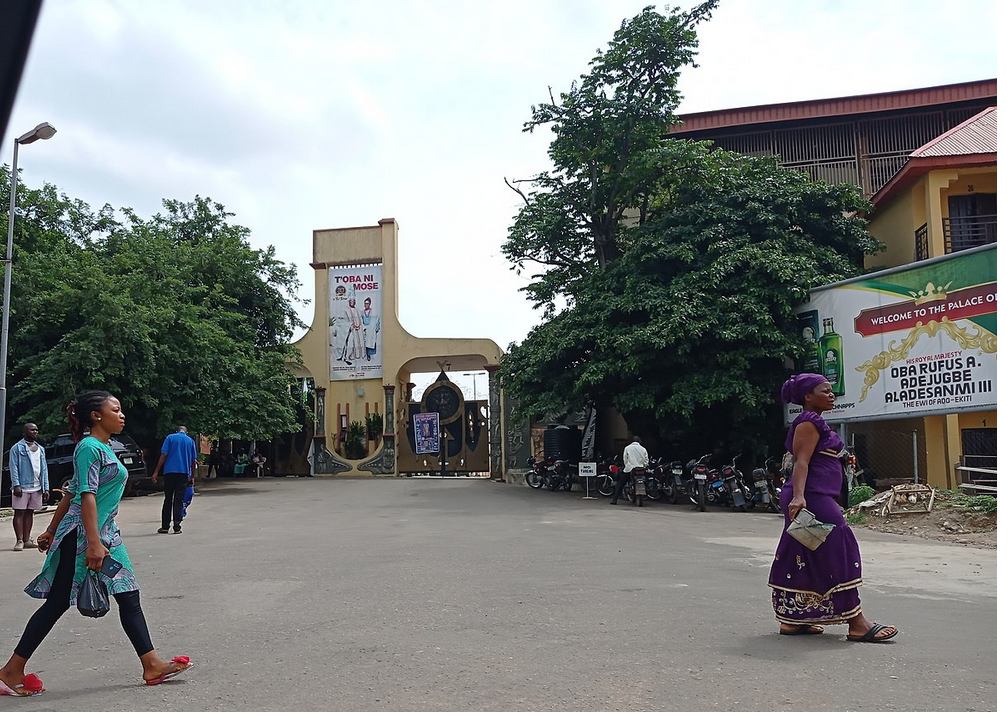
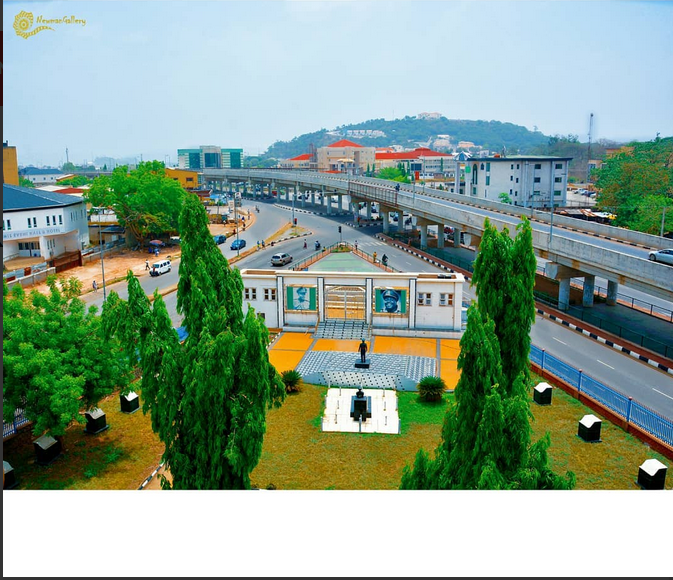
By ancient customs, the Obas were not only the heads of their towns and kingdoms, but by their personifications, reincarnating also all their ancestors back to the origin of the dynasties. They are also the titular heads of all religious sets in their kingdoms. Their appointments are, partly by divination, made by the king makers who are invariably the high chiefs. They are appointed from among the children of past rulers. The ceremonies between their appointments and coronation are elaborate. The sacredness of their offices was neither empty nor nominal; they are regarded by their people as divinity with whose well being, their own conditions are bound up. They are the sources of honour, able to bestow titles and chieftaincies. The Obas are also the fountain of justice.
In the State’s framework, Obas are not expected to take part in partisan politics. Palaces of traditional rulers are true symbolical relics of the people culture and tradition.Some of the richly endowed artifacts oriented palace in Ekiti State are the Ewi of Ado’s palace, Elekole of Ikole’s palace, Oore of Otun’s palace, Alawo of Awo Ekiti palace and a host of others.[/su_spoiler]
Overview
Ekiti State is situated entirely within the tropics. It is located between longitudes 40°51′ and 50°451′ East of the Greenwich meridian and latitudes 70°151′ and 80°51′ north of the Equator. It lies south of Kwara and Kogi State, East of Osun State and bounded by Ondo State in the East and in the south, with a total land Area of 5887.890sq km. Ekiti State has 16 Local Government Councils. By 1991 Census, the population of Ekiti State was 1,647,822 while the estimated population upon its creation on October 1st 1996 was put at 1,750,000 with the capital located at Ado-Ekiti. The 2006 population census by the National Population Commission put the population of Ekiti State at 2,384,212 people.

Tourism
Ekiti offers serenity and a wide variety of tourist attractions such as extended rivers, unique wildlife, vast tracks of unspoiled nature ranging from tropical forest, magnificent waterfalls, conducive hilltop holidaying climates, spectacular warm and cold water springs oozing out and touching, yet retaining its thermal identity, nowhere in the world has this unique warm springs experience.Other attractions include traditional ways of life preserved in local customs; rich and varied handicrafts and other colourful products depicting or illustrative of native arts, lifestyle, dance and the authentic and unsophisticated but friendly attitude of both the indigenes and residents of the State.Ekiti State is blessed with many tourist sites, many of which are yet to be explored and developed. The present government believes that if the tourist sites are developed, they are capable of generating billions of Naira for the state annually. The government has therefore decided to partner with the private sector to fully develop the tourism potentials of the state so as to generate substantial revenue for government, create employment opportunities and alleviate poverty at the grassroots.
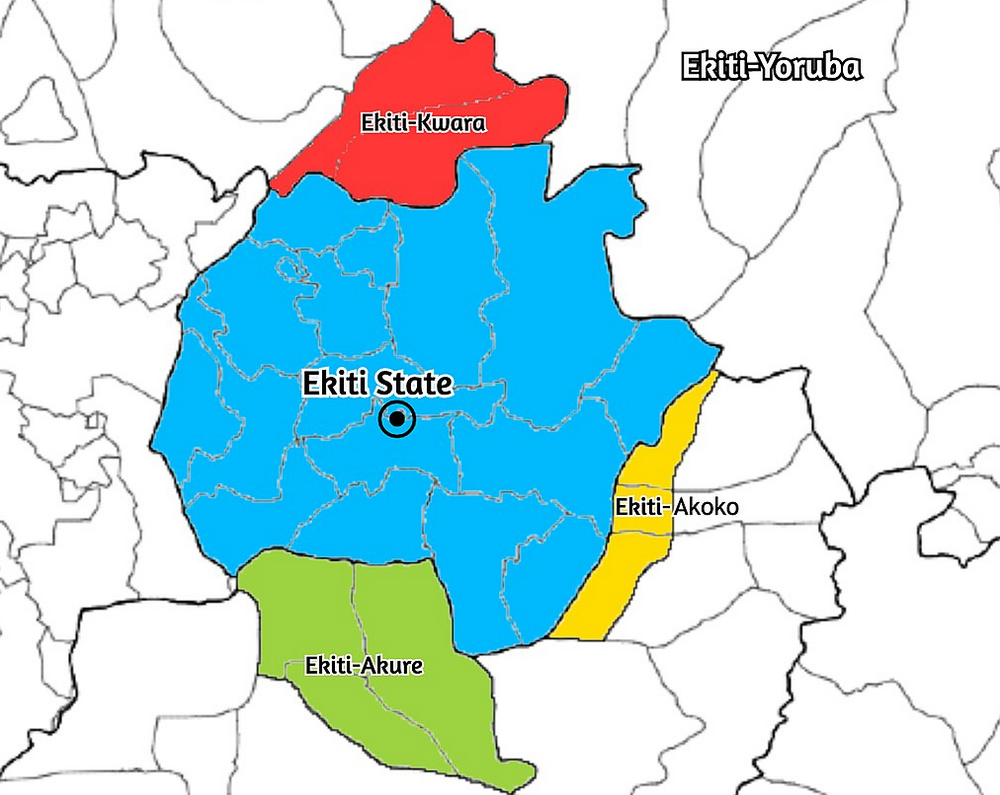
Egbe Dam
Erinta Water Falls
Ero Water Dam
Fajuyi Square – Adekunle Fakuyi Park
Ikogosi Warm Spring
Olosunta and Orole Hills of Ikere
Festivals in Ekiti
